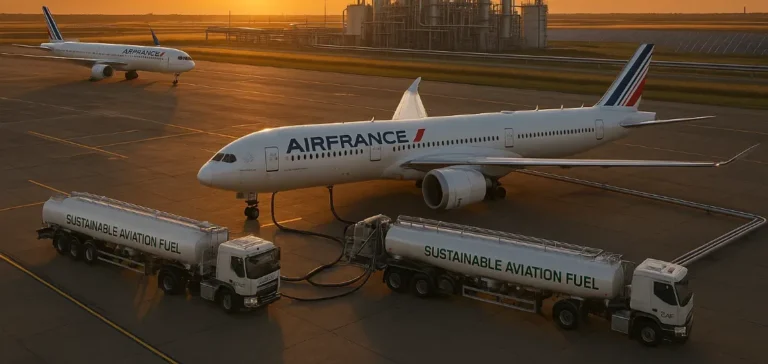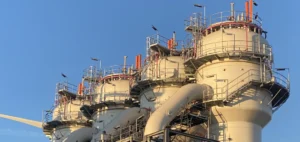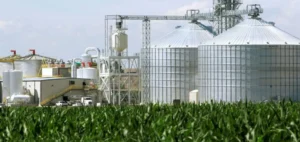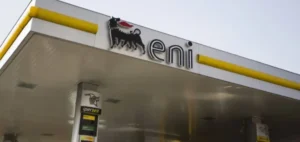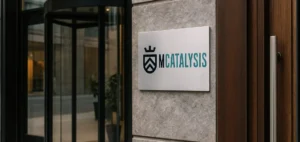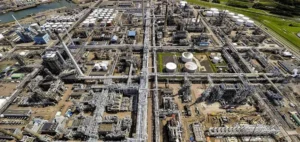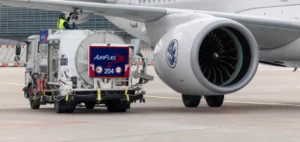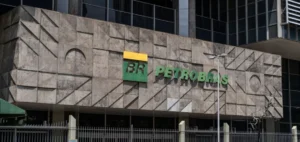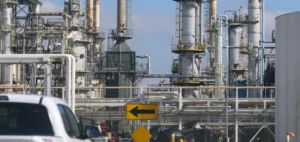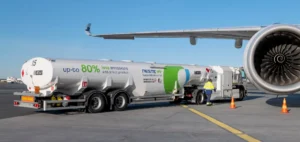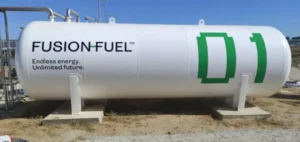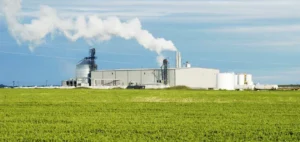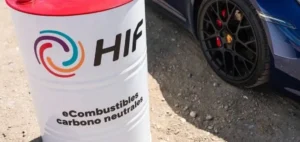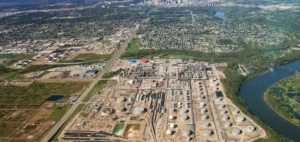The French government has reached an agreement aiming to significantly develop national production of sustainable aviation fuels (Carburants d’Aviation Durables – CAD), also known as Sustainable Aviation Fuels (SAF). The initiative, integrated within the Strategic Contract for the New Energy Systems Sector 2024–2027 (contrat stratégique de filière Nouveaux Systèmes Énergétiques 2024–2027), is jointly supported by the Ministry of Economy, Finance, and Industrial and Digital Sovereignty, the Ministry responsible for Industry and Energy, and the Ministry responsible for Transport, involving several major French industrial actors, including TotalEnergies, Schneider Electric, and Air France.
Clear industrial objectives
This specific segment of the strategic contract is built around four central priorities. First, signatories aim to establish sufficient capacity to meet national SAF needs by 2030, while also considering future export opportunities. Second, the agreement promotes the emergence of a strong French industrial sector by facilitating key investment decisions for future projects.
Third, the strategic framework emphasises the necessity of producing fuels that meet strict sustainability standards while maintaining international competitiveness. Finally, the agreement targets launching concrete industrial projects before 2030, identifying suitable land and ensuring active administrative support from the government.
Favourable European context
This plan aligns directly with the European regulatory framework set by the ReFuelEU Aviation regulation, obliging European airlines to progressively increase their use of sustainable aviation fuels. This directive supports the climate neutrality objectives set for the aviation sector by 2050.
Currently, operational and technological measures alone are insufficient to achieve these ambitious targets. SAFs have thus been identified as the principal lever enabling significant greenhouse gas emission reductions in the aviation sector.
Emerging industrial initiatives
Already underway, the French sector sees several key players actively positioning themselves. TotalEnergies collaborates with Avril group to develop a supply chain for vegetable oils from intermediate crops, intended to be transformed into SAF at French refineries. These intermediate crops, planted between two main harvests, have the advantage of not competing with traditional food production.
In addition, VERSO ENERGY and Groupe ADP have signed a strategic agreement to structure the production and distribution of synthetic sustainable fuels on airport platforms operated by ADP, notably in the Paris region. This agreement aims to secure supply and explore viable economic models for competitive large-scale production.
These initiatives reflect the dynamism of this emerging sector, whose growth is encouraged by substantial public funding. The French government has notably planned support of €100 million for four pioneering projects aimed at producing synthetic fuels using decarbonised electricity.


